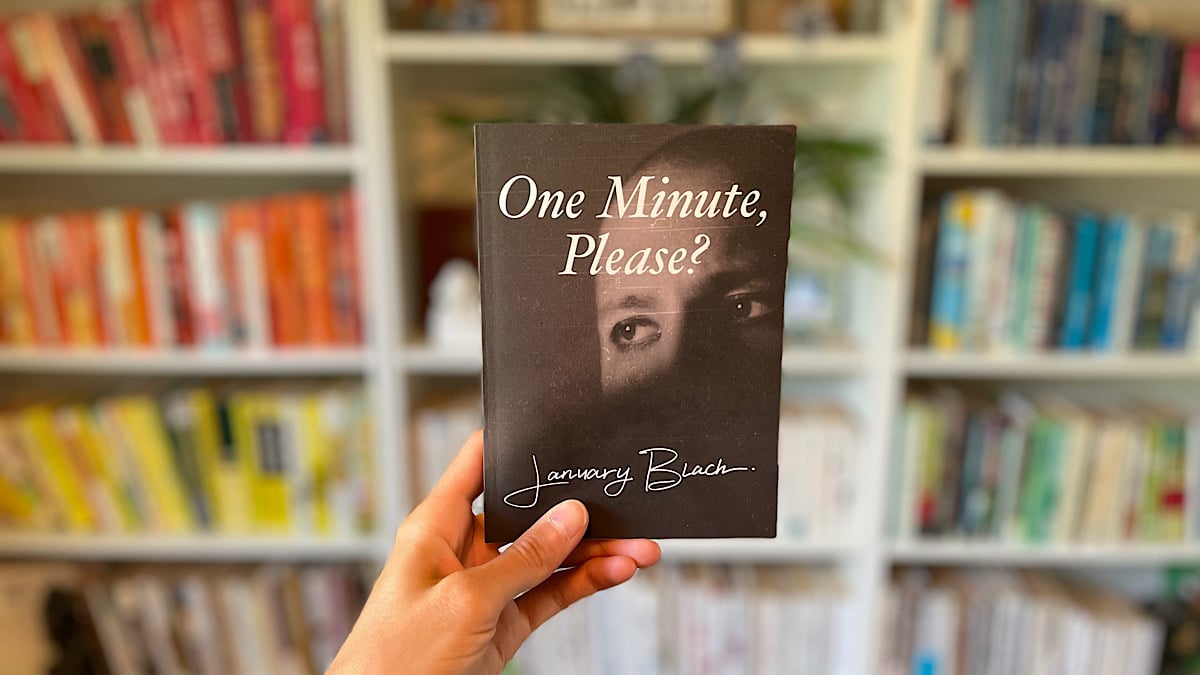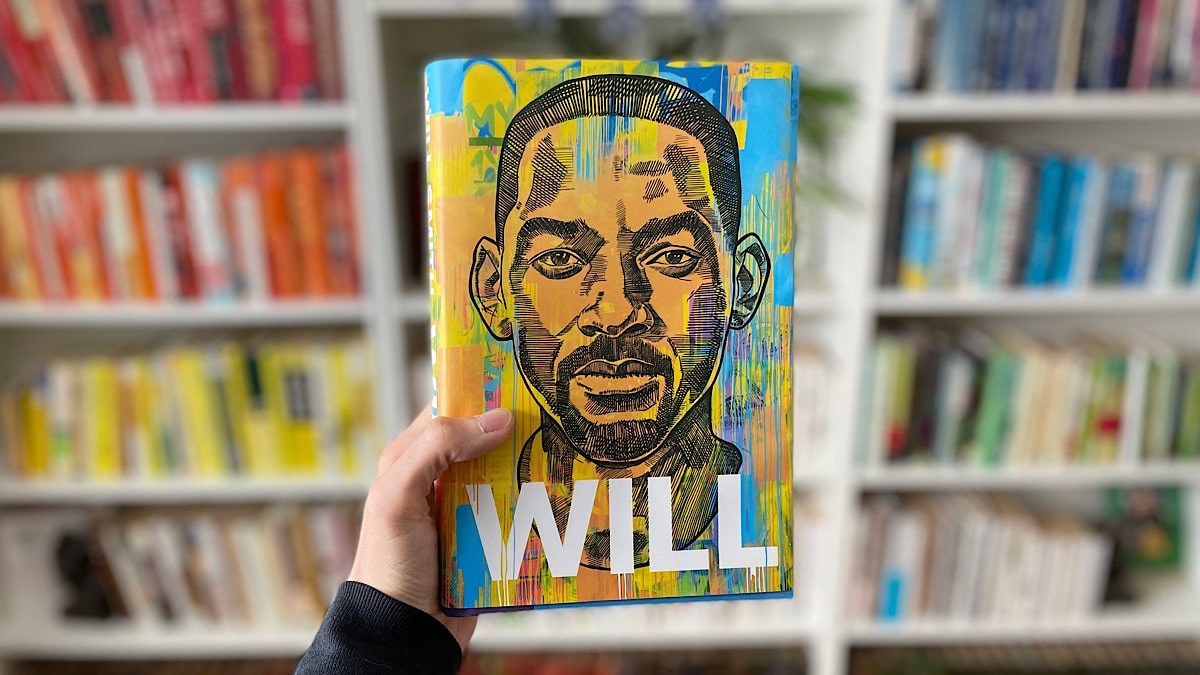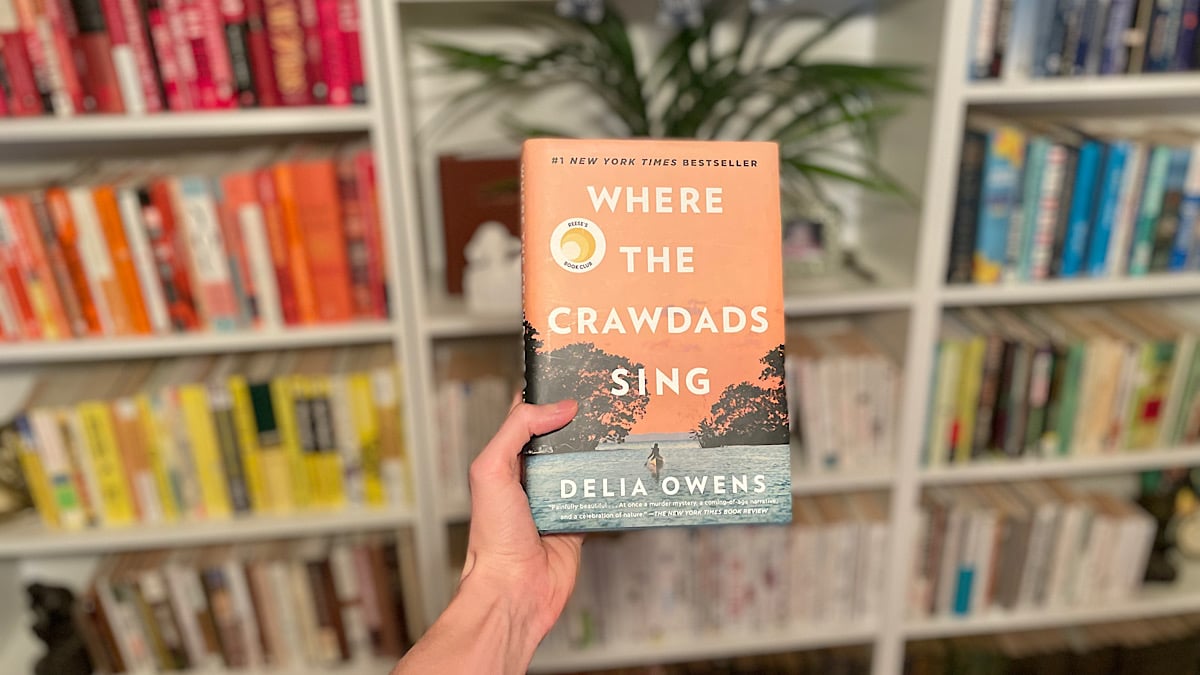Excerpt: I see it time and time again where a “bad” relationship causes more harm than a “good” relationship causes benefit. The question is… why?
You might intuit that the consequences of one “good” relationship and one “bad” relationship of relatively equal strength would offset each other.
But, from my experience this isn’t the case.
What actually results is remarkably disproportionate.
I see it time and time again where a “bad” relationship (one that is harmful/ hurtful/ negative/ toxic/ abusive/ destructive/ etc.) causes more harm than a “good” relationship (one that is helpful/ positive/ kind/ healing/ supportive/ constructive/ etc.) causes benefit.
The question is… why?
Exhibit #1: It’s far easier to destroy than it is to build.
Evidence of this can be found in all areas of life.
How long does it take to build a career? How long does it take to destroy one? How long does it take to build a skyscraper? How long does it take to demolish one? How long does it take nature to grow a forest? How long does it take a wildfire to level one?
In each case, the time it takes to destroy is remarkably less than the time it takes to build. This is how it is with relationships, too.
How long does it take to build trust? How long does it take to lose trust? It’s not even close to the same amount of time. Years vs. minutes? And when a relationship takes a turn from good to bad, the consequences can level what was built all the same—in but a fraction of the time.
Once you realize how this applies to one relationship, you can see how this might ripple out and affect all relationships. The good that you build (for yourself) from one positive relationship can, in the matter of minutes, get torn down by the destructive nature of another relationship. It’s disproportionate.
NEW In The Shop: Don’t Let The Tame Ones Tell You How To Live [Poster]
Why We ♥ It: Some of the best advice I (Matt here) ever got was: don’t take life advice from people who aren’t living a life you want to live and don’t take criticism from people you wouldn’t go to for advice. I created this poster to act as a reminder to listen more closely to our role models and less closely to our critics, trolls, and tamed-comfort-zone-hugger acquaintances. It’s also a perfect gift for the outdoor adventurer, travel enthusiast, or solo explorer (or soon to be). Available in print or digital download. 👇🏼
...Want to advertise your book, product, or service? Send inquiries to matt@movemequotes.com.
Exhibit #2: We latch onto negativity.
Generally speaking, destructive comments get taken personally and constructive comments get taken superficially.
Most people can get 100 positive comments and one negative comment and will still only remember the negative comment.
This can be derived from our desire to fit in, to be accepted, to be a part of.
Whenever somebody threatens that by hating on us or spewing negativity, it’s a shot at our ego. And for most of us it’s not a small shot—especially relative to a compliment or something positive.
It takes a disproportionate amount of positive boosts to offset one shot to the ego. Isn’t it so?
Think about a time when somebody said something “bad” to you and you went to another person for support.
How many times do they have to say “good” things to you before you start to actually feel better? From my experience, it definitely isn’t just once. “They don’t know what they’re talking about.” “You’re an amazing person.” “They’re wrong.” “You have such a great heart.” “Forget about them.” “What they say isn’t a reflection of you, it’s a reflection of them.”
And so on and so forth, all after only one negative comment. And so it goes.
Exhibit #3: Lies get projected into our future and truths become a part of our past.
Much of what happens in “bad” relationships is lie-based.
Lies are told to hide actions. Lies are used in response to questions. Lies are used to manipulate how others see a person—they make up rumors, gossip, drama, stories that aren’t true.
People manipulate how others feel by faking (lying about) their emotions and faking intention behind actions to achieve a desired (manipulated) result. And the thing about lies is that they create an obstacle for the future.
It becomes something that has to be dealt with later. It becomes a problem. This is increasingly more challenging than what results from truths that are told.
Much of what happens in “good” relationships is truth-based.
People are honest about their actions. Questions are answered with integrity. People try to see the best in others and listen compassionately, earnestly, and seek to understand. And they don’t spread misinformation or make public that which is meant to be private.
That’s the beautiful thing about truths—they are a confrontation in and of themselves. There is nothing that’s created that needs to be dealt with later. They are a solution unto themself. And since they don’t require any future thought, well, we forget about them.
Lies, on the other hand, continue to haunt us—disproportionately.
What is the main purpose of any relationship? To make life easier in some way, shape, or form, right? Alone, you have to do everything yourself to survive, support others, and thrive. Together, that effort can become much easier.
Others can contribute to income and resources, offer mental/ physical/ emotional support when you’re down, and help you realize and encourage you to pursue your full potential.
But, as we all know, not all relationships are supportive or beneficial like that. In fact, many of them are quite the opposite.
And be warned, because when they are the opposite, the harm caused (as demonstrated above) is a force to be reckoned with. It’s not an effect that is easily offset.
This is why I recommend you seriously evaluate the types of relationships you have in your life and honestly see where they land. It doesn’t matter if it’s family, your closest friends, your spouse, or your neighbor—a “bad” relationship is a “bad” relationship. It needs to be address and, as soon as you can manage it, cut.
This doesn’t necessarily mean that you cut them from your life altogether—although it can mean that. What it means is that, at minimum, you cut the amount of time you spend with them to the smallest amount possible.
You must protect your mental and emotional health. Staying in a “bad” relationship of any kind out of guilt, fear, spite, lethargicism, anger, momentum, or any other reason—should be seriously reconsidered.
You can only give back and contribute what you have. And if what you have and what you build keeps getting torn down day after day, how can you ever contribute at all?
The truth is, you can’t. At least not to your full potential—that’s for sure. Build within. Be in relationships that help you build. And stay away from anyone that even threatens that progress. For what you build in this lifetime is disproportionately influenced by who you surround yourself with.
Choose wisely.
Read Next:
NEW In The Shop: Don’t Let The Tame Ones Tell You How To Live [Poster]
Why We ♥ It: Some of the best advice I (Matt here) ever got was: don’t take life advice from people who aren’t living a life you want to live and don’t take criticism from people you wouldn’t go to for advice. I created this poster to act as a reminder to listen more closely to our role models and less closely to our critics, trolls, and tamed-comfort-zone-hugger acquaintances. It’s also a perfect gift for the outdoor adventurer, travel enthusiast, or solo explorer (or soon to be). Available in print or digital download. 👇🏼
...Want to advertise your book, product, or service? Send inquiries to matt@movemequotes.com.

Written by Matt Hogan
Founder of MoveMe Quotes. On a mission to help busy people do inner work—for better mental health; for healing; for personal growth. Find me on Twitter / IG / Medium. I also share daily insights here. 🌱
It has taken me 1,000’s of hours to build this free library for you. If it has helped you, you can support my continued effort here. ☕️






